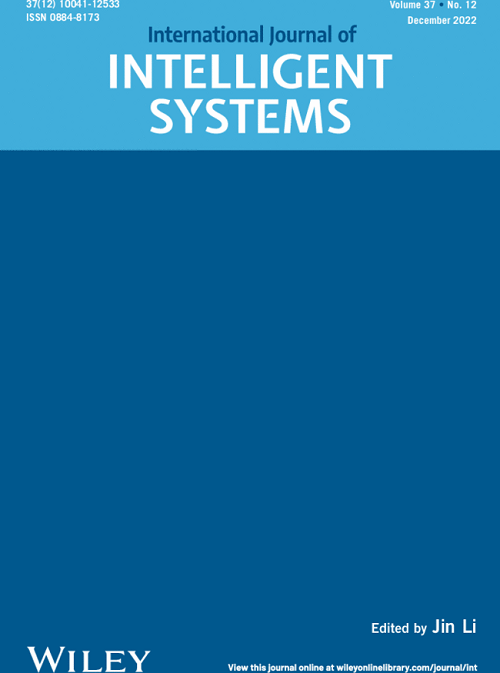知识获取的知识级模型的形式化
IF 3.7
2区 计算机科学
Q1 COMPUTER SCIENCE, ARTIFICIAL INTELLIGENCE
International Journal of Intelligent Systems
Pub Date : 2025-07-03
DOI:10.1002/j.1098-111x.1993.tb00003.x
引用次数: 0
摘要
本文将第二代知识获取定义为一种面向知识层次的建模活动。专家推理的知识级模型代表了知识获取过程的重要输出,因为它们以概念和实现独立的方式描述了解决问题任务所需的不同角色和知识类型。我们认为,这种模型的形式化通过使当前非正式的概念和直觉更加精确,增强了知识获取,特别是概念化阶段,从而也为KBS的设计、验证和维护提供了更坚实的基础。构建了一个框架,用于知识级模型的形式化规范。提出的形式主义称为ml2,受到kads KBS开发方法的启发,旨在通过采用顺序排序的逻辑、理论的模块化结构和知识的元级组织来表达不同的角色和类型的知识组件,包括“扩大的”反射规则和“有意义的”命名关系。给出了一种形式说明方法在启发式分类中的应用。讨论了与形式化知识级模型的认识论充分性和计算可追溯性有关的问题。本文章由计算机程序翻译,如有差异,请以英文原文为准。
A Formalization of Knowledge‐Level Models for Knowledge Acquisition
This article defines second‐generation knowledge acquisition as a modeling activity that is knowledge‐level oriented. Knowledge‐level models of expert reasoning represent an important output of the knowledge‐acquisition process, since they describe, in a conceptual and implementation‐independent fashion, the different roles and types of knowledge required for a problem‐solving task. We argue that a formalization of such models enhances knowledge acquisition, and in particular the conceptualization phase, by rendering currently informal concepts and intuitions more precise, thus also contributing to a more solid basis for KBS design, validation, and maintenance. A framework is constructed for the formal specification of knowledge‐level models. The proposed formalism, called ml2 , has been inspired by the kads methodology for KBS development, and aims at expressing different roles and types of knowledge components through employing an order‐sorted logic, a modular structuring of theories, and a meta‐level organization of knowledge, comprising “enlarged” reflection rules and a “meaningful” naming relation. An application of the formal specification method to heuristic classification is given. Issues relating to the epistemological adequacy and the computational tractability of formalized knowledge‐level models are discussed.
求助全文
通过发布文献求助,成功后即可免费获取论文全文。
去求助
来源期刊

International Journal of Intelligent Systems
工程技术-计算机:人工智能
CiteScore
11.30
自引率
14.30%
发文量
304
审稿时长
9 months
期刊介绍:
The International Journal of Intelligent Systems serves as a forum for individuals interested in tapping into the vast theories based on intelligent systems construction. With its peer-reviewed format, the journal explores several fascinating editorials written by today''s experts in the field. Because new developments are being introduced each day, there''s much to be learned — examination, analysis creation, information retrieval, man–computer interactions, and more. The International Journal of Intelligent Systems uses charts and illustrations to demonstrate these ground-breaking issues, and encourages readers to share their thoughts and experiences.
 求助内容:
求助内容: 应助结果提醒方式:
应助结果提醒方式:


